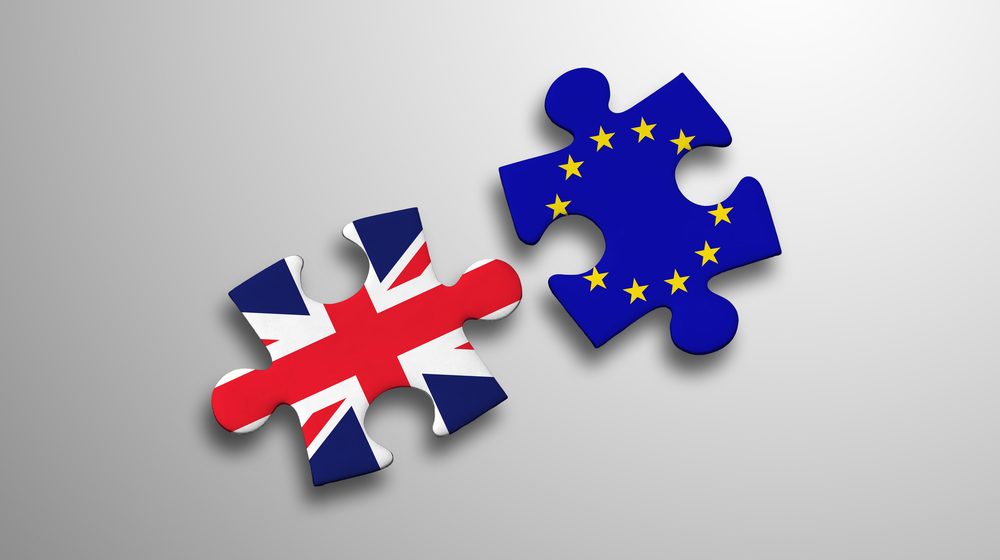The optimum way for the United Kingdom to exit the European Union is by leading a reform of the European Economic Area (EEA). Could this deliver what the Leave voters want? If it could, why would the other 27 EU members ever agree to it? I argue that it could and they may. This outcome is by no means certain and, as in any negotiation, we need a second-best alternative in reserve, but we can only achieve the optimum answer by setting out now to get it.
Win-win-win
Prime Minister Theresa May has been very clear about adhering to 52% of the electorate that voted for Brexit: she will lead the UK out of the EU. She has also vowed to unify a divided country, which means listening to the voices of the 48% Remain voters including those of Scotland, Northern Ireland and London if the UK is to hold together and prosper. Moving forward under the leadership of a new prime minister, we need a win-win solution that reconciles the conflicting visions of the nation’s future that the referendum exposed.
A key part of that solution is taking action to address Leave voters’ grievances. A provocative 2013 book written by French economist Thomas Piketty, Capital in the Twenty-first Century, condemns the politics of austerity and unbridled capitalism that concentrate wealth in the hands of a few and create persistent inequalities. Leave voters in Britain have used the ballot box to voice their disapproval of growing inequality and continued neglect of their legitimate concerns. Ironically, as the trade union movement recognises, the EU’s progressive policies to soften market competition through social policy contrast with the market-oriented Anglo-Saxon economic model.
Reconciling divisions within the UK is not the complete answer, however. We need an agreement that, as far as possible, satisfies the 52%, the 48% and the other 27 EU members – otherwise there is no agreement.
Why the EEA?
The EEA provides membership of the Single Market, without pressing a reticent state like the UK into membership of an ‘ever closer union’, the euro, EU agricultural policy, EU fisheries policy or any budding EU defence force. The European Economic Area Agreement came into force back in 1994: Norway and Iceland (and Lichtenstein) are currently members.
Continuing the UK’s membership in the Single Market will remove a great deal of economic uncertainty and lower the risk of a protracted recession, which is in no one’s interest. In addition:
- it provides for cooperation with the EU on other issues, such as consumer protection, the environment, research and education;
- it maintains an important element of identification with our European neighbours, a relationship of clear importance to Scotland;
- it reduces the amount of bureaucratic change and cost associated with leaving the EU.
The Single Market was the one aspect of the UK’s relationship with Europe that former Prime Minister Margaret Thatcher really liked!
The drawbacks of the EEA deal which Norway and Iceland have at present include a lack of control over immigration and no say over the rules of an organisation they help fund.
How the EEA could change
The EEA will therefore need to change if it is to become the answer to the UK’s new relationship with the EU. This could broadly be done through existing institutional provisions.
The EEA agreement already contains clauses (28(3) and 33) allowing for limitations to be placed on the free movement of workers and self-employed persons ‘on grounds of public policy, public security or public health’. Essentially, we will need to articulate the public policy on immigration under which we claim the right to limit the free movement of labour.
The EEA also has a governance structure that includes a Council, decision-making procedures, dispute resolution procedures, a financial mechanism and Parliamentary cooperation. Norway and Iceland lack the geopolitical clout to use the full potential of the Agreement’s provisions. Partnering with the UK could be the key to securing changes which also benefit them.
Why the EU might agree to change the EEA
Why should the 27 EU members agree? They clearly fear that giving the UK special treatment would be a dangerous precedent: however
- the UK would not be asking for special treatment as an EU member but for a reform of the way the EEA Agreement operates;
- under the pressures of uncontrolled external migration, some of the shine has gone off the EU ideology of free movement: selective border checks and free movement across some frontiers (as in Ireland) are likely to coexist in future;
- punishing the UK as a deterrent to other members is a knee-jerk reaction: sooner or later those EU countries whose voters are discontented with Brussels will have to face up to the causes of their discontent;
- ‘ever closer union’ may not be the goal the EU wants for all existing and potential new members: having an institutional arrangement for states that want to be in the Single Market without being politically integrated could be the key to facilitating monetary and fiscal union for those who really want it;
- the UK’s continuing membership in the Single Market is in the interest of the 27 EU states that are also threatened by prolonged economic uncertainty: they are going to have to accept our restriction on immigration anyway (that’s clearly a red line they can now all see), so why not do it within the EEA?
Agreeing our negotiating objective
Before negotiations on the terms of our EU exit begin in earnest, we need to know what we want. The need for a Plan B as well should not prevent us from articulating our preferred outcome. A reformed EEA, combined with the right domestic policies, potentially offers an answer that would satisfy the 52%, the 48% and the 27 EU members.







